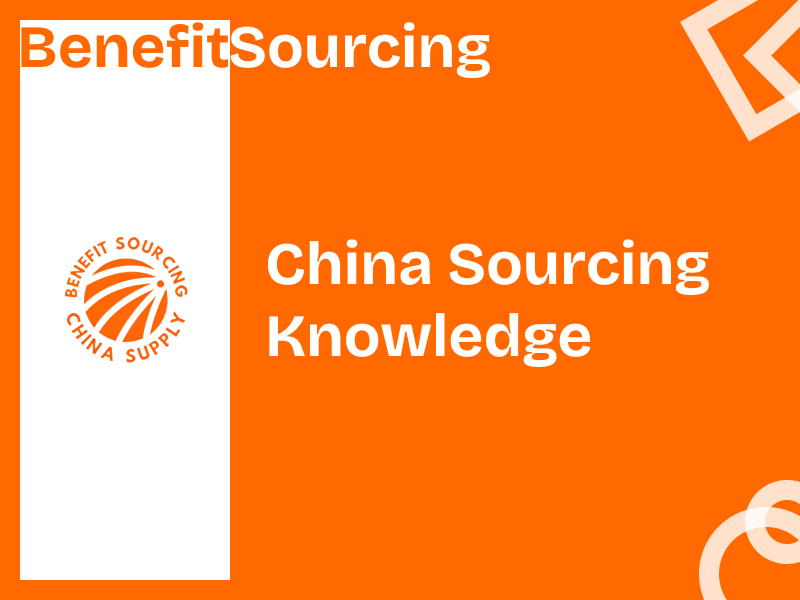How to Create a Comprehensive Request for Quotation (RFQ)

When sourcing products from China, a well - structured Request for Quotation (RFQ) is your most powerful tool to streamline procurement, compare suppliers effectively, and avoid costly misunderstandings. Here’s a step - by - step guide to crafting an RFQ that gets results:
1. Define Your Objectives Clearly
Start by answering these questions:
- What’s the primary purpose of this procurement? (Restocking inventory, launching a new product line, etc.)
- What are your non - negotiable requirements? (Certifications, material specifications, ethical production standards)
- What’s your budget range and ideal payment terms?
Pro Tip: Create a simple checklist of “Must Have” vs. “Nice to Have” features. This helps suppliers understand your priorities.
2. Provide Detailed Product Specifications
Chinese manufacturers often work with precise technical parameters. Include:
- Physical dimensions (with tolerance ranges)
- Material requirements (e.g., “100% organic cotton certified by GOTS”)
- Color codes (provide Pantone numbers if exact matching is critical)
- Packaging details (individual retail packaging vs. bulk shipping packaging)
- Quality standards (e.g., “Must pass ASTM F963 toy safety testing”)
Example: Instead of “stainless steel water bottle,” specify: “18/8 stainless steel, double - walled vacuum insulation, 500ml capacity, matte finish with laser - printed logo on base.”
3. Outline Quantity and Timeline Expectations
Chinese suppliers prioritize clients who demonstrate clear planning:
- Order quantities: State minimum order quantity (MOQ) flexibility
- Production timeline: Include key milestones:
Sample approval deadline: [Date] Production completion: [Date] Latest shipping date: [Date] - Shipping preferences: Specify Incoterms (FOB Shanghai, CIF Los Angeles, etc.)
4. Structure Your Supplier Questionnaire
Ask strategic questions to identify capable partners:
- Production capacity: “Can you handle 10,000 units/month with 30 - day lead time?”
- Quality control: “Describe your QC process for electronic components.”
- Compliance: “Provide recent reports for REACH/SVHC compliance.”
Warning: Avoid vague questions like “Are you reliable?” Instead, ask for specific evidence: “Share 3 client references from EU markets.”
5. Set Clear Response Guidelines
Make it easy for suppliers to format comparable quotes:
- Required quote format:
Unit price: [USD] MOQ: [units] Payment terms: [% deposit, balance before shipment] Warranty: [duration and coverage] - Submission deadline: “Responses must be emailed in PDF format by [Date].”
- Communication protocol: “All technical queries must go through [Your Procurement Manager].“
6. Build in Quality Assurance Requirements
Protect your business with verifiable quality checks:
- Pre - production samples: “3 production samples required before mass manufacturing.”
- Third - party inspections: “SGS inspection required before container loading.”
- Documentation: “Provide material test reports and certificate of origin.”
7. Anticipate Cultural Differences
Chinese suppliers may interpret requests differently unless explicitly guided:
- Avoid ambiguous language: Instead of “high quality,” specify “0.3mm maximum tolerance on welded joints.”
- Clarify negotiation norms: State whether prices are fixed (“Best offer final”) or negotiable (“Open to volume discounts”).
- Confirm understanding: End with “Please confirm all specifications by return email.”
Common RFQ Mistakes to Avoid:
- Overlooking hidden costs: Failing to ask about mold fees, tooling charges, or certification costs
- Ignoring production scalability: Not asking “What’s your maximum monthly output?”
- Rushing sample evaluation: Skipping real - world testing (e.g., washing samples 50 times to check colorfastness)
RFQ Template for Chinese Sourcing:
Project Overview
- Product name: [Insert]
- Target market: [e.g., EU consumers]
- Total required quantity: [XX units/year]
Technical Requirements
- Materials: [List with percentages and grades]
- Dimensions: [Length/Width/Height in mm ± tolerance]
- Certifications: [CE, FCC, FDA, etc.]
Order Details
- Initial order quantity: [XX units]
- Delivery terms: [FOB Shenzhen]
- Payment: [30% deposit, 70% against BL copy]
Quality Control
- Required inspections: [Pre - shipment random inspection at
Need a sourcing agent in China?
Just send us your demand with the form below.